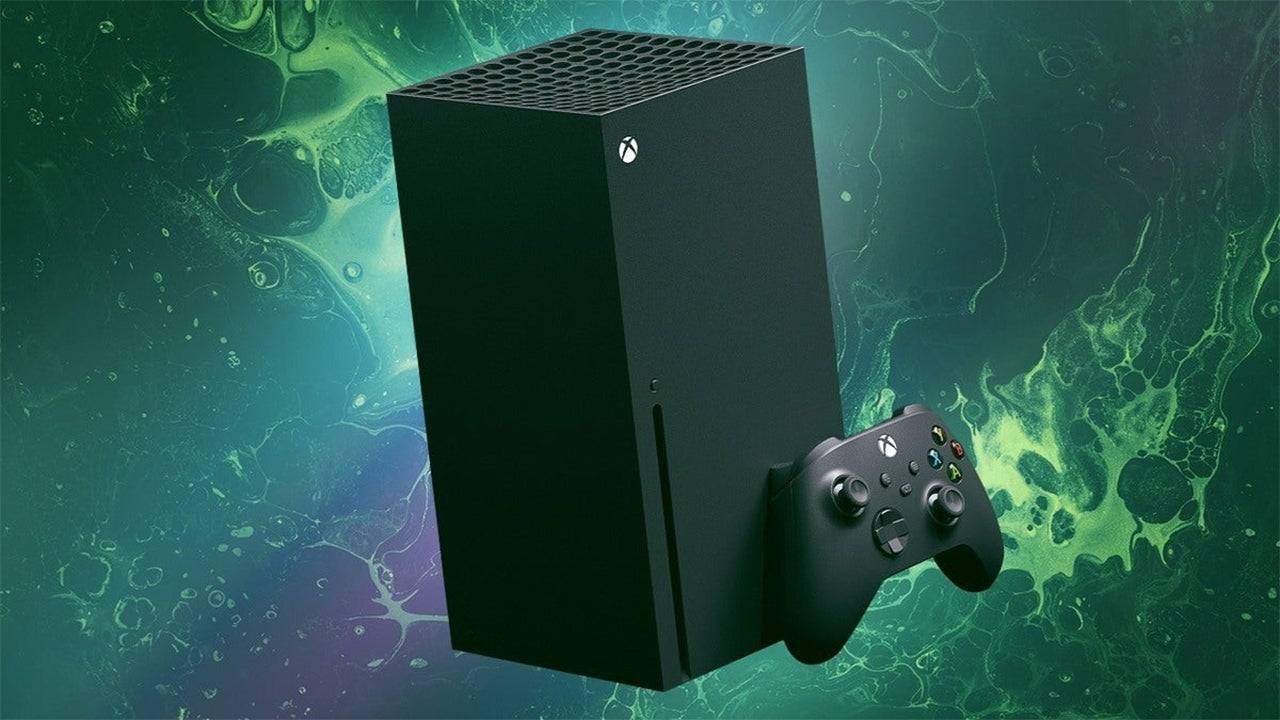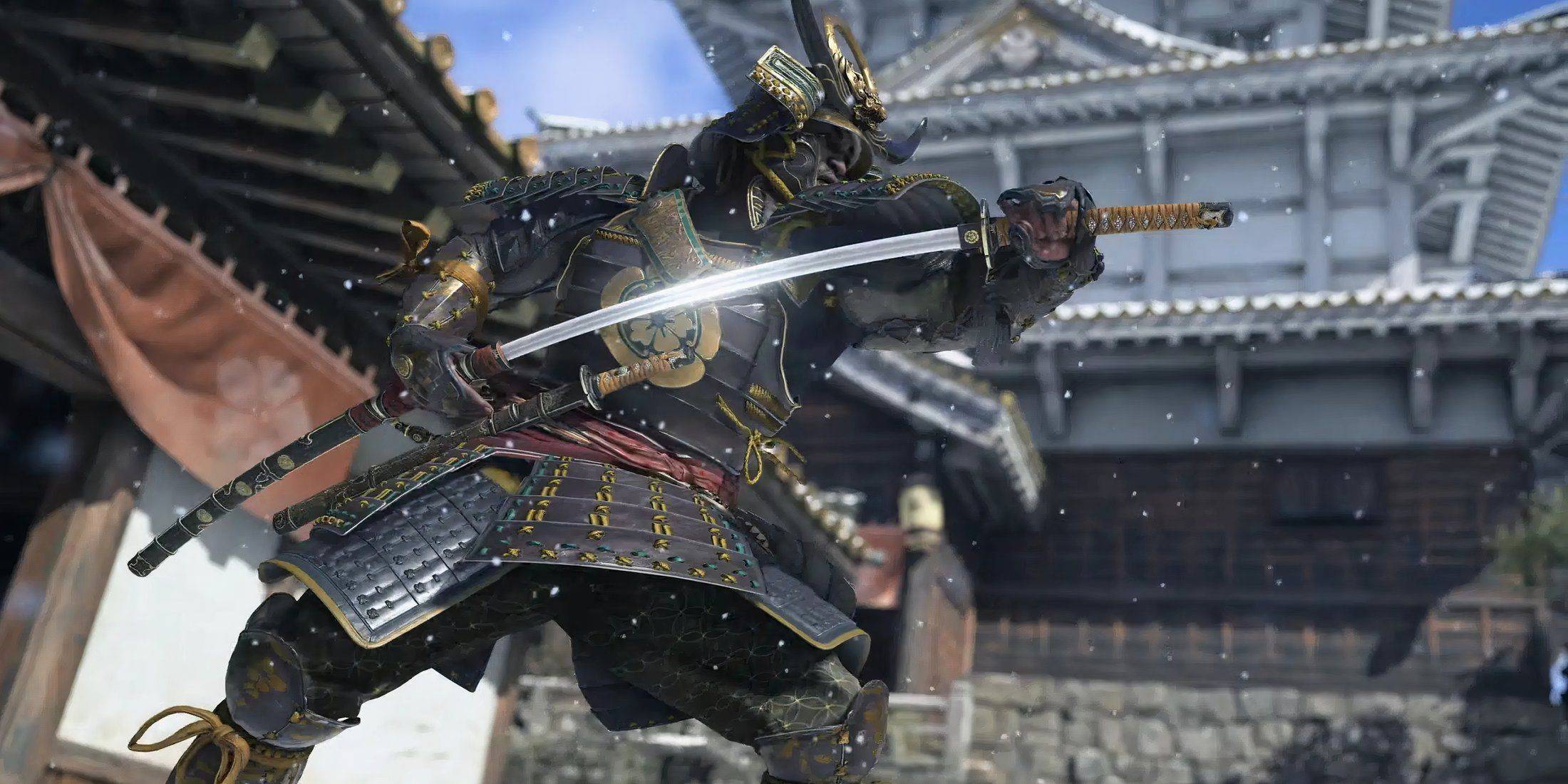The age-old debate between PlayStation and Xbox has been a central theme in the video game world for years. Whether you've engaged in heated discussions with friends, created content on social media, or simply followed the conversation, you're part of a community that has seen significant shifts in the gaming landscape. While staunch advocates for PC and Nintendo exist, the rivalry between Sony and Microsoft has shaped much of the past two decades. But is the so-called 'console war' still raging, or has it evolved into something different? The gaming industry has undergone profound changes, with gamers' habits, preferences, and options expanding thanks to handheld gaming and the tech-savviness of younger generations. The battlefield has transformed, but has a clear winner emerged? The answer might surprise you.
The video game industry has exploded into a financial powerhouse in recent years. In 2019, it generated $285 billion in global revenue, which surged to $475 billion by last year. This figure surpassed the combined revenues of the global movie and music industries in 2023, which stood at $308 billion and $28.6 billion, respectively. The growth shows no signs of slowing down, with projections estimating nearly $700 billion by 2029. From humble beginnings with games like Pong, the industry's trajectory is nothing short of remarkable.
This financial boom has attracted Hollywood stars like Mads Mikkelsen, Keanu Reeves, Jon Bernthal, and Willem Dafoe to the gaming scene over the past five years. Their participation underscores the shifting perception of video games as a mainstream entertainment medium. Even entertainment giants like Disney are investing heavily, with a $1.5 billion commitment to Epic Games under Bob Iger's leadership. However, not all are riding this wave of success equally, as evidenced by Microsoft's Xbox division.

The Xbox Series X and S were designed to surpass the Xbox One in every aspect. Yet, the advancements have not captivated consumers as hoped; the Xbox One outsells the Series X/S by nearly double. Mat Piscatella from Circana has indicated that the current console generation may have passed its peak sales period, a concerning sign for Xbox. Sales data from 2024 reveals the Xbox Series X/S sold less than 2.5 million units throughout the year, while the PlayStation 5 achieved the same sales figure in just the first quarter. Rumors of Xbox possibly closing its physical game distribution and withdrawing from the EMEA region further suggest a strategic retreat.
Microsoft, however, has not merely retreated but has surrendered in the traditional console war. During the Activision-Blizzard acquisition, Microsoft admitted it never believed it could win the console war. With the Xbox Series X/S struggling to match the Xbox One's sales and Microsoft acknowledging this, the company is shifting its focus away from hardware.
Xbox Game Pass has emerged as a primary focus for Microsoft, with internal documents revealing the high costs of including AAA titles like Grand Theft Auto 5 and Star Wars Jedi: Survivor on the service. This move underscores Microsoft's commitment to cloud gaming. The 'This Is An Xbox' campaign further emphasizes this shift, redefining Xbox as an accessible service rather than just a console.
This strategic pivot includes exploring new hardware options like a rumored Xbox handheld, hinted at in leaked documents from the Activision-Blizzard acquisition. Microsoft's plans to establish a mobile game store and Xbox chief Phil Spencer's acknowledgment of mobile gaming's dominance signal a clear new direction: Xbox as a brand you can play anywhere, anytime.

Why the shift? In 2024, of the estimated 3.3 billion gamers worldwide, over 1.93 billion play on mobile devices. Mobile gaming has evolved beyond casual games, becoming the dominant force in the industry, especially among Gen Z and Gen Alpha. The total market valuation for video games reached $184.3 billion in 2024, with mobile games accounting for half of that at $92.5 billion, a 2.8% increase from the previous year. Console gaming, on the other hand, represents just $50.3 billion, a 4% drop since 2023. It's no wonder Microsoft is keen on transforming your phone into an Xbox.
The trend toward mobile gaming isn't new. By 2013, the Asian market for mobile games was already far ahead of the West, with South Korea and China showing growth rates of 759% and 280%, respectively. That year, Puzzle & Dragon and Candy Crush Saga outgrossed GTA 5. Looking back at the 2010s, five of the highest-grossing games were mobile titles: Crossfire, Monster Strike, Honor of Kings, Puzzle & Dragon, and Clash of Clans. These games may not be the first that come to mind, but their impact is undeniable.
Beyond mobile, PC gaming has also seen a shift in player habits, with a year-on-year increase of 59 million new players since 2014, reaching 1.86 billion in 2024. The surge in PC gaming, especially during the 2020 COVID pandemic, has been complemented by a growing technological literacy among gamers. Despite this, the PC market's global share in 2024 is $41.5 billion, and the gap between console and PC has widened to $9 billion, suggesting a decline in PC gaming's market share.

Meanwhile, PlayStation continues to thrive. Sony's latest quarterly earnings reveal 65 million PS5s sold, significantly outpacing the 29.7 million Xbox Series X/S units sold. For every Xbox Series X/S, five PS5s are sold. Sony's Game and Network Services saw a 12.3% profit increase, driven by strong first-party sales like Astro Bot and Ghost of Tsushima Director’s Cut. Analysts project Sony to sell 106.9 million PS5s by 2029, while Microsoft expects to sell around 56-59 million Xbox Series X/S units by 2027. Given these figures, PlayStation appears to be the dominant force in the console market.
However, the PS5's success has its caveats. Half of PlayStation users still play on PS4s, suggesting a lack of compelling PS5-exclusive titles. Of the top 20 best-selling games in the U.S. in 2024, only Marvel’s Spider-Man 2 is a true PS5 exclusive. Excluding PS4 remasters, there are only about 15 genuine PS5 exclusives, raising questions about the console's value at its $500 price point. The $700 PS5 Pro's mixed reception further underscores this, with many feeling the upgrade came too early in the console's lifecycle. However, the upcoming release of Grand Theft Auto 6 could change this narrative, showcasing the PS5's full potential.
So, has the console war ended? Microsoft seems to have conceded defeat, focusing on cloud and mobile gaming. Sony's PS5 has achieved success but struggles to justify its price with exclusive content. The real victor appears to be the mobile gaming sector, with companies like Tencent eyeing traditional console gaming spaces. As mobile gaming continues to grow, the next era of gaming will likely be defined by cloud gaming infrastructure rather than console hardware. The console war may be over, but the mobile gaming war has just begun.
 Home
Home  Navigation
Navigation






 Latest Articles
Latest Articles










 Latest Games
Latest Games












